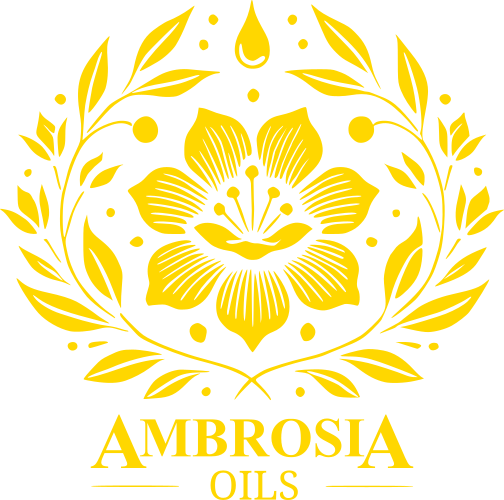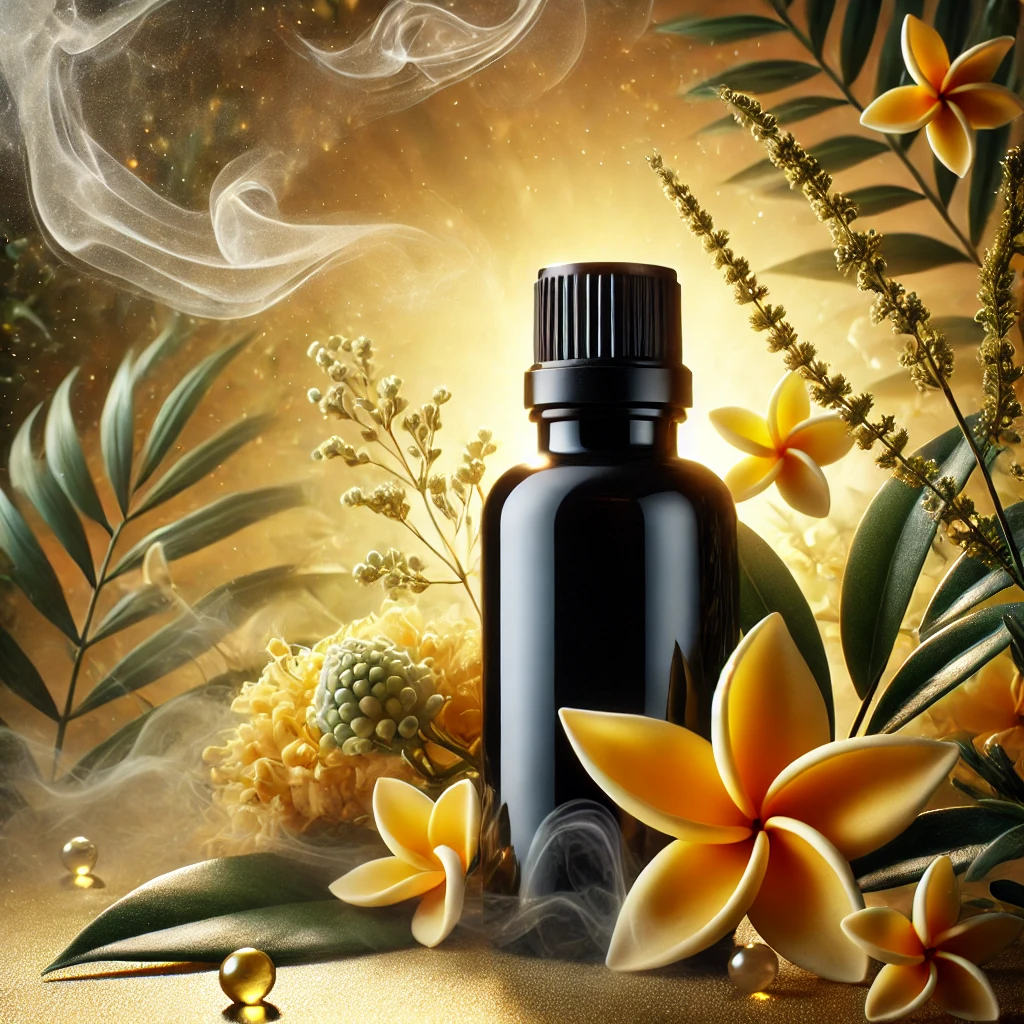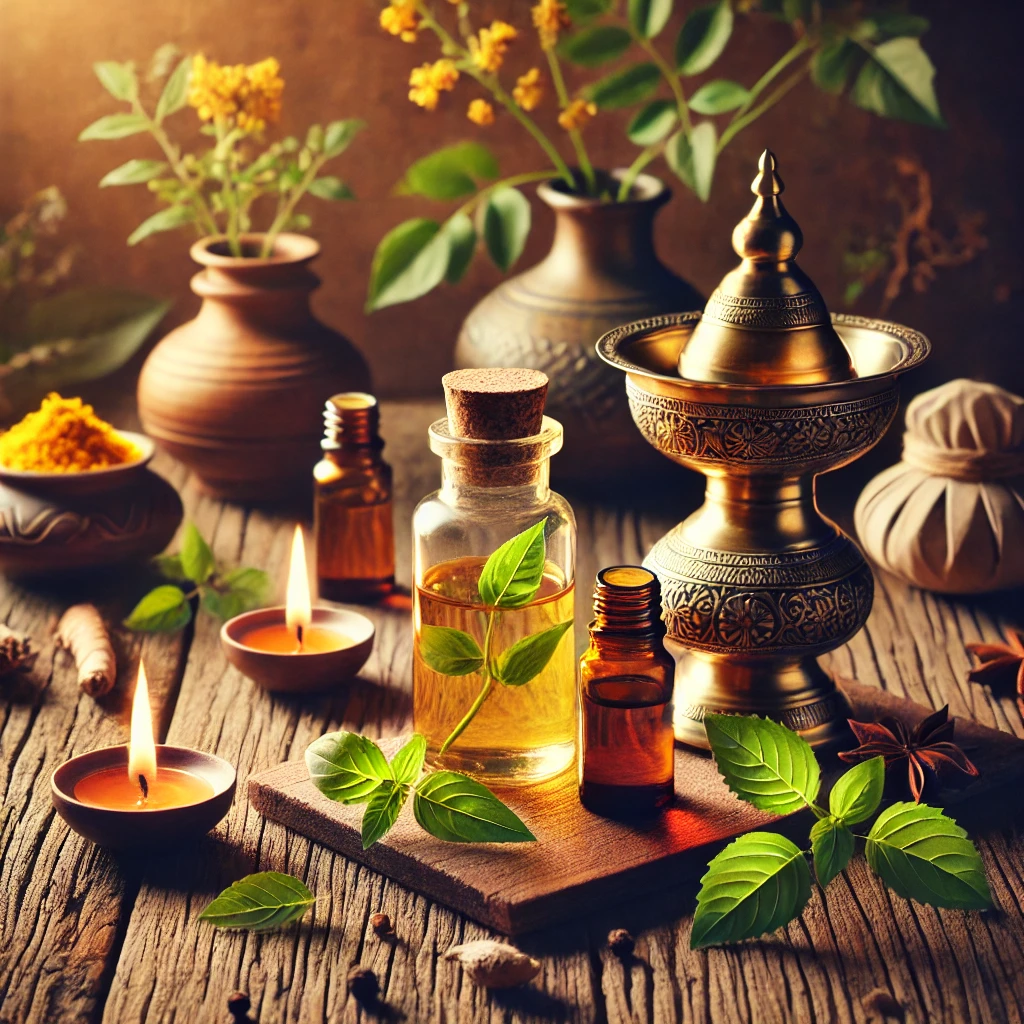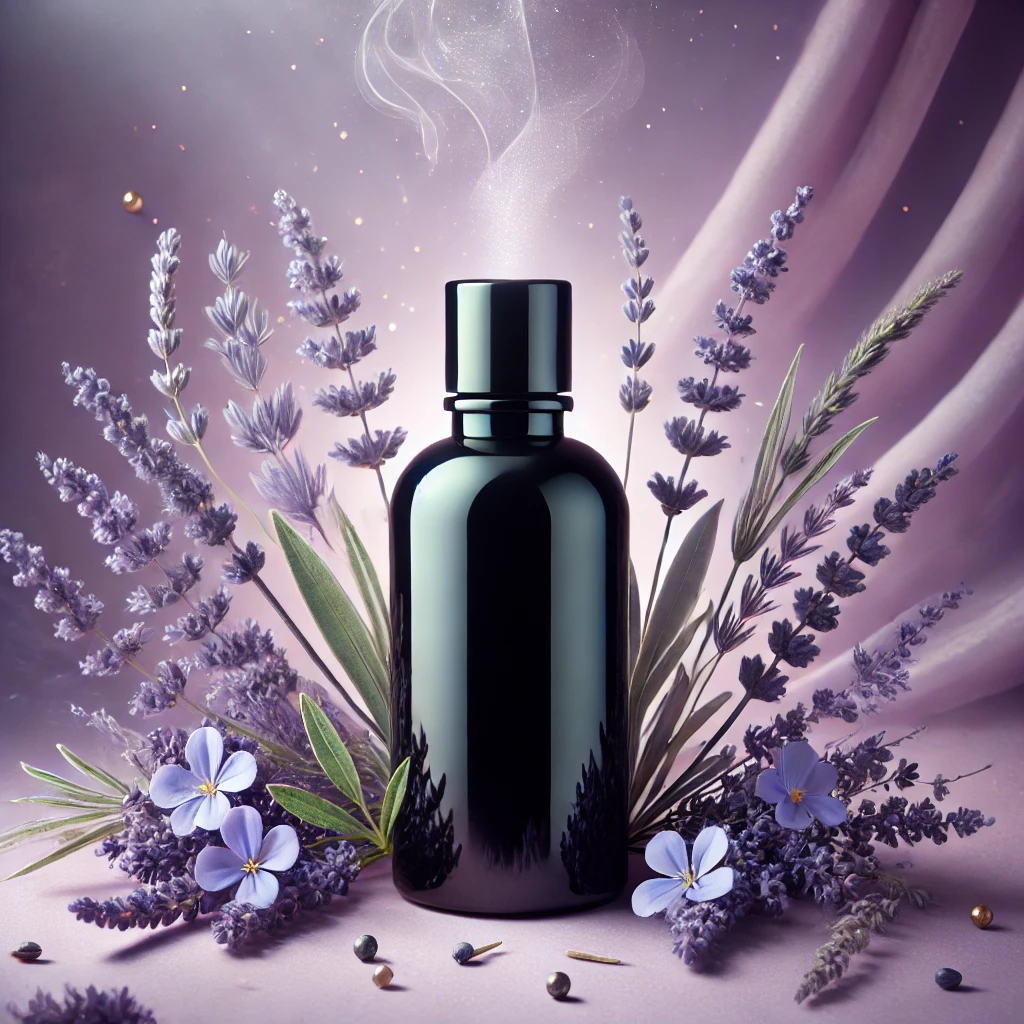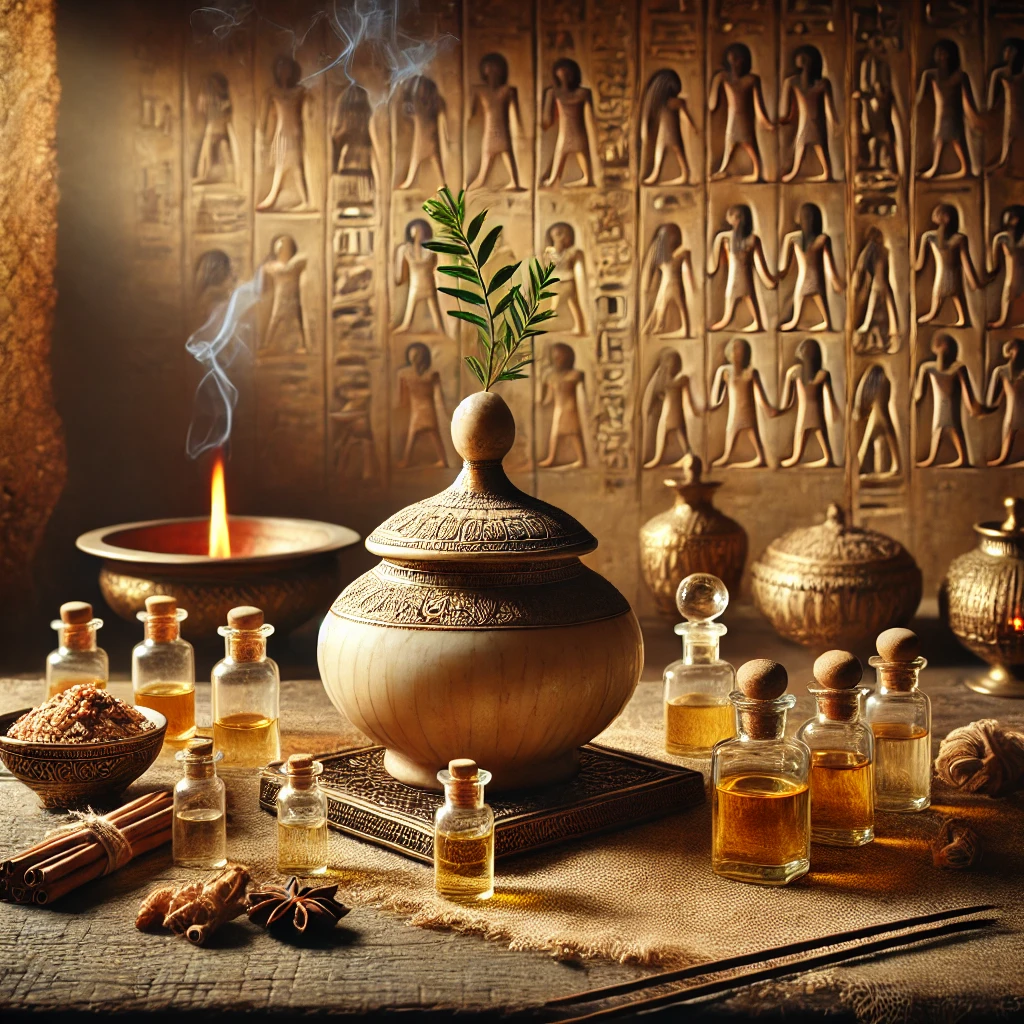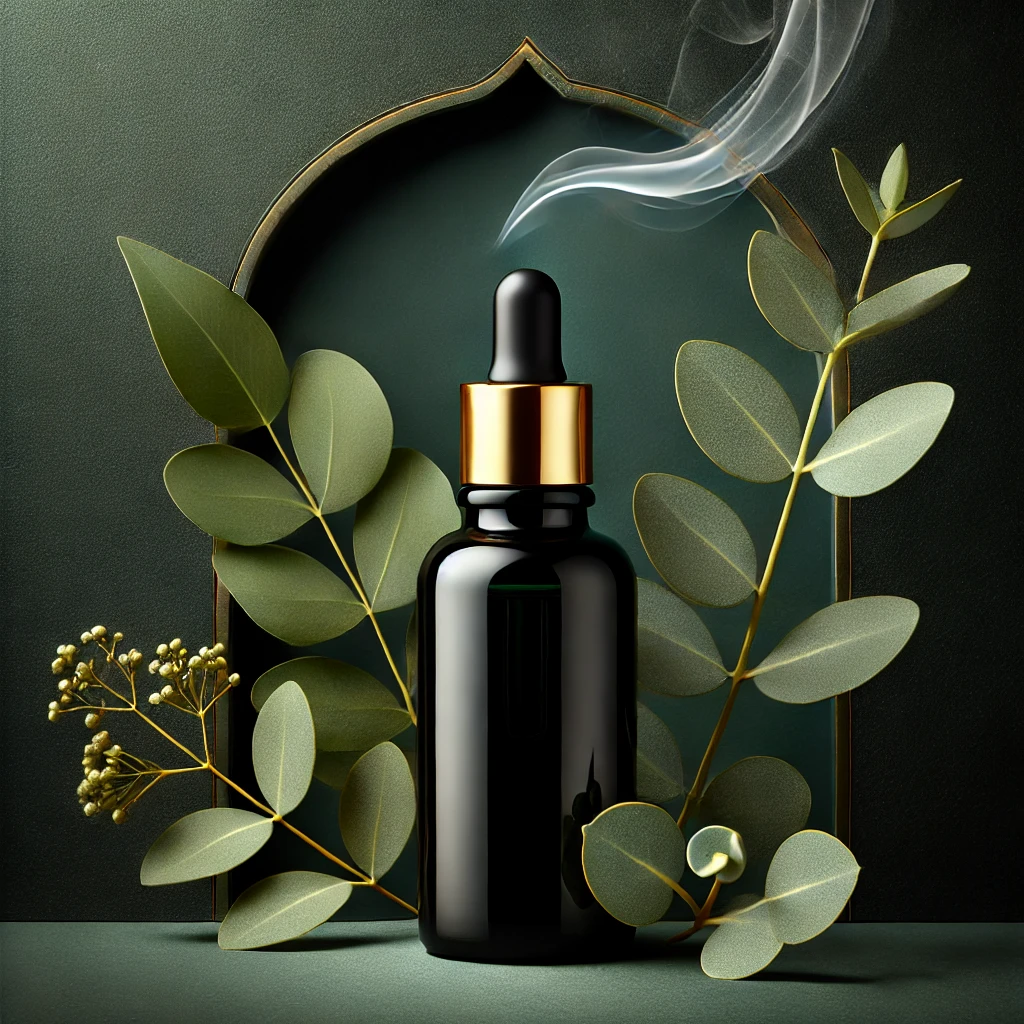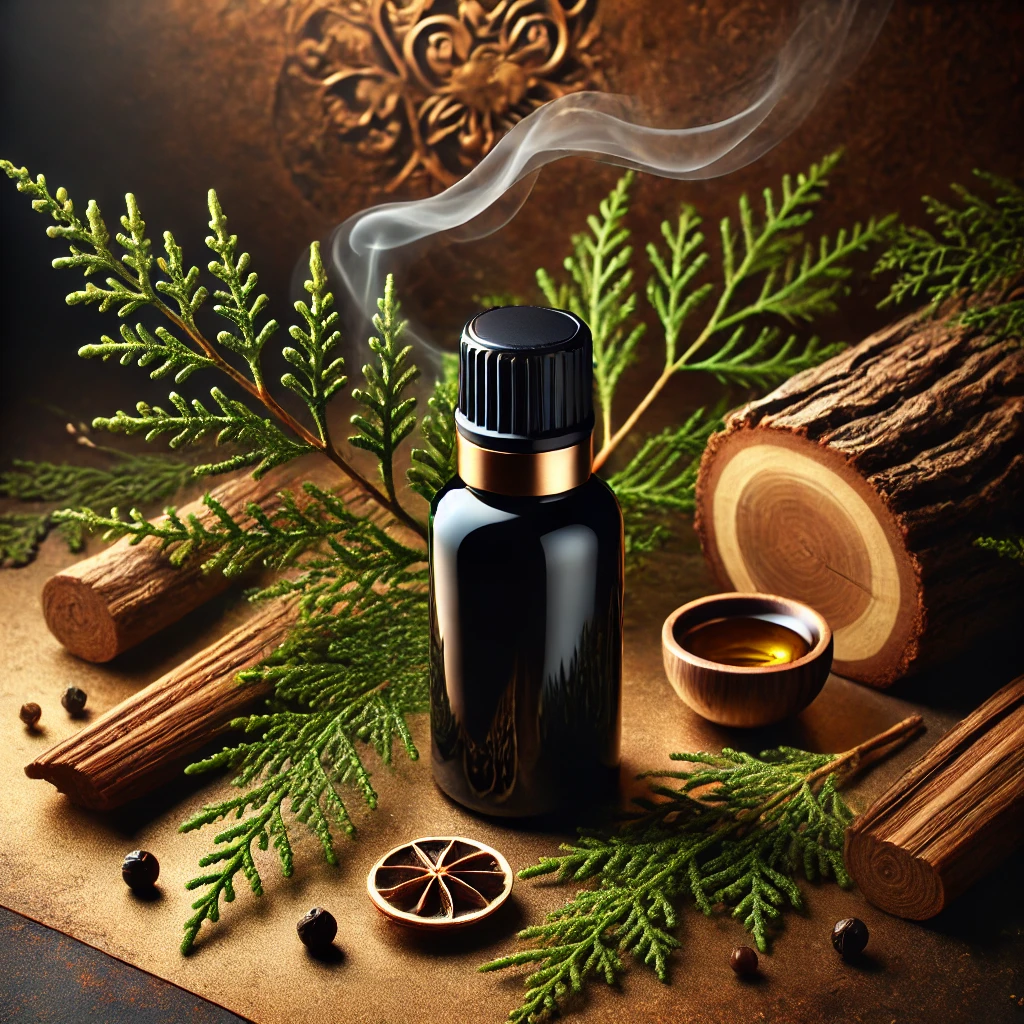
Cedarwood, often called the “Tree of Life,” has been revered across ancient civilizations for its grounding, protective, and purifying properties. From the majestic cedar forests of the Himalayas to the ancient temples of the Middle East, cedarwood has played a vital role in spiritual rituals, symbolizing strength, resilience, and eternal life.
The essential oil is extracted through steam distillation from the wood of the cedar tree, yielding a rich, woody aroma that evokes a deep connection to nature. Its grounding scent helps to calm the mind, reduce stress, and create a sense of inner peace, making it a perfect companion for meditation and mindfulness practices.
Beyond its spiritual significance, cedarwood essential oil is known for its anti-inflammatory, antifungal, and insect-repelling properties. It’s a versatile addition to any self-care routine, supporting both emotional balance and physical well-being. Whether used in aromatherapy, skincare, or hair care, cedarwood’s earthy essence brings a sense of stability and calm.
How to Use:
Meditation Aid: Add 3–4 drops to a diffuser to enhance focus and tranquility.
Scalp Care: Mix 2–3 drops with a carrier oil to promote healthy hair and scalp.
Natural Insect Repellent: Add a few drops to water in a spray bottle to keep pests at bay.
Let cedarwood ground your spirit and strengthen your connection to the natural world.
